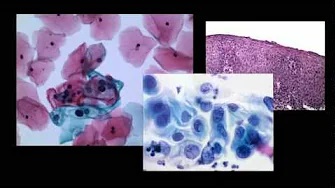Document Type
Article
Publication Date
9-1-2020
Abstract
Gallbladder cancer (GBC) is the commonest biliary tract cancer with an ill-defined etiology. We examined the role of Cd+2 exposures in a primary human gallbladder (GB) cell line model in this study. Cd+2 exposures induced decreased cell viability, reactive oxygen species (ROS) generation, altered Akt/ERK signaling pathway activation, PGE2 and COX-2 expression in a human primary gallbladder epithelial cell model. Pharmacological inhibitors were used to determine the key drivers of elevated COX-2 expression due to Cd+2 exposure. Our results show Cd+2 causes a dose- dependent reduction in GB cell viability (EC50 value – 18.6 μM). Dose-dependent activation of phospho-Akt and phospho-ERK signaling pathways via increased phosphoprotein expression was observed due to Cd+2. Signaling activation of Akt and ERK was prevented by 5 mM N-Acetyl Cysteine (NAC) establishing the role of ROS as a key driver in the activation process. Importantly, we observed Cd+2 also caused a dose dependent change in the COX-2 and PGE2 expression levels. PI3K-Akt and NF-kB signaling pathways play a key role in Cd+2 exposure induced COX-2 activation in the gallbladder epithelial cells. In conclusion, our study measures the toxicological effects of Cd+2 exposures on human GB epithelial cells for the first time and establishes the role of Cd+2 as a possible driver of the Akt/ERK pathway overactivity and chronic inflammation in gallbladder carcinogenesis.
Recommended Citation
Sharma P, Caldwell TS, Rivera MN, Gullapalli RR. Cadmium exposure activates Akt/ERK Signaling and pro-inflammatory COX-2 expression in human gallbladder epithelial cells via a ROS dependent mechanism. Toxicol In Vitro. 2020 Sep;67:104912. doi: 10.1016/j.tiv.2020.104912. Epub 2020 Jun 6. PMID: 32512147; PMCID: PMC7809918.

